Immunotherapy for advanced cancer
Regarding the new cancer treatment drug pembrolizumab, which was licensed for circulation by the Ministry of Health in October, on November 12, information from the Drug Administration (Ministry of Health) said that the drug had been clinically tested before being licensed for circulation in Vietnam, and continued to be evaluated for immunogenicity during treatment, and was not a biological product with a new indication. This is a monoclonal antibody among 99 similar products to the "MAB" line that have been licensed in Vietnam.

There are currently many licensed cancer treatment drugs in Vietnam.
PHOTO: TUAN MINH
Monoclonal antibody drugs are all named with the formula: "drug name + MAB" at the end. "MAB" therapies mimic natural antibodies but are made in the laboratory.
Previously, the original active ingredient pembrolizumab of MSD (USA) was licensed for circulation in Vietnam since 2017.
According to the Drug Administration of Vietnam, the active ingredient pembrolizumab, administered intravenously, is indicated for the following cancers: treatment of melanoma, carcinoma, non-small cell lung cancer, squamous cell carcinoma, melanoma, non-small cell lung carcinoma; squamous cell carcinoma of the head and neck; classical Hodgkin lymphoma; urothelial carcinoma; esophageal carcinoma; colorectal cancer; cervical cancer, triple-negative breast cancer; gastric adenocarcinoma...
This drug is used in outpatient and hospital conditions. Treatment must be initiated and supervised by specialists in cancer treatment. Patients need to be closely monitored, paying attention to adverse immune-related reactions such as: pneumonia, colitis...; and monitoring for excessive immune reactions such as: grade 3 or 4 myocarditis; grade 3 or 4 encephalitis; skin reactions (Stevens-Johnson syndrome)...
According to the National Cancer Institute, pembrolizumab is an immunotherapy for patients with advanced cancers.
Pembrolizumab is a drug in the immune checkpoint inhibitor class. It works by blocking the PD-1 protein on T cells from binding to PD-L1 on cancer cells, thereby enhancing the immune system's ability to recognize and destroy cancer cells.
However, determining whether this therapy is appropriate depends on many factors, including the type of cancer and the individual's health status. Some cancers with low levels of PD-L1 or no PD-L1 expression may not respond well to this therapy.
It is important for patients to discuss with their oncologist the advantages of therapy.
Source: https://thanhnien.vn/thuoc-dieu-tri-ung-thu-moi-cap-phep-duoc-chi-dinh-nhu-the-nao-185251112134217534.htm


![[Photo] Special class in Tra Linh](https://vphoto.vietnam.vn/thumb/1200x675/vietnam/resource/IMAGE/2025/11/14/1763078485441_ndo_br_lop-hoc-7-jpg.webp)



![[Photo] Deep sea sand deposits, ancient wooden ship An Bang faces the risk of being buried again](https://vphoto.vietnam.vn/thumb/1200x675/vietnam/resource/IMAGE/2025/11/13/1763033175715_ndo_br_thuyen-1-jpg.webp)




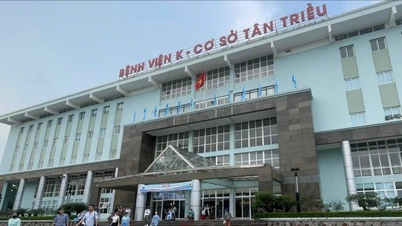

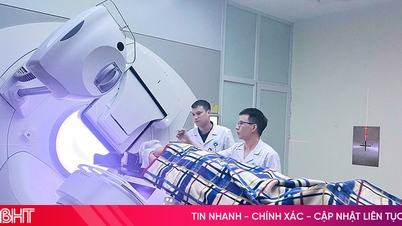

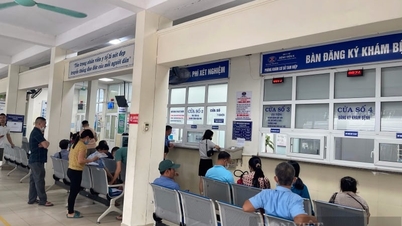





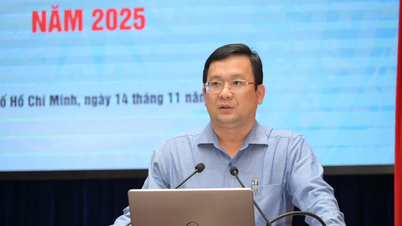











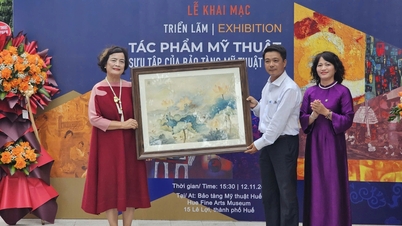










































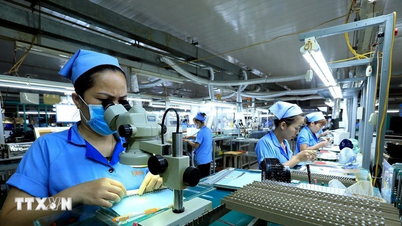



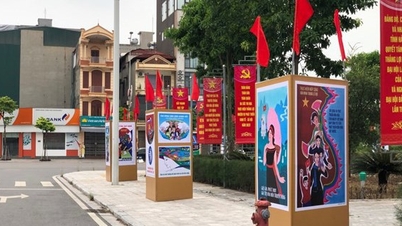










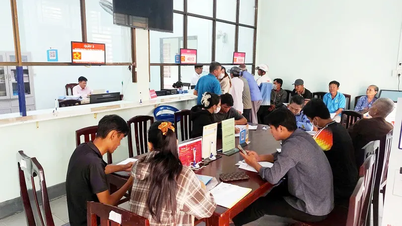












![Dong Nai OCOP transition: [Article 3] Linking tourism with OCOP product consumption](https://vphoto.vietnam.vn/thumb/402x226/vietnam/resource/IMAGE/2025/11/10/1762739199309_1324-2740-7_n-162543_981.jpeg)






Comment (0)